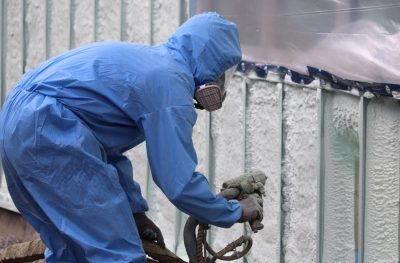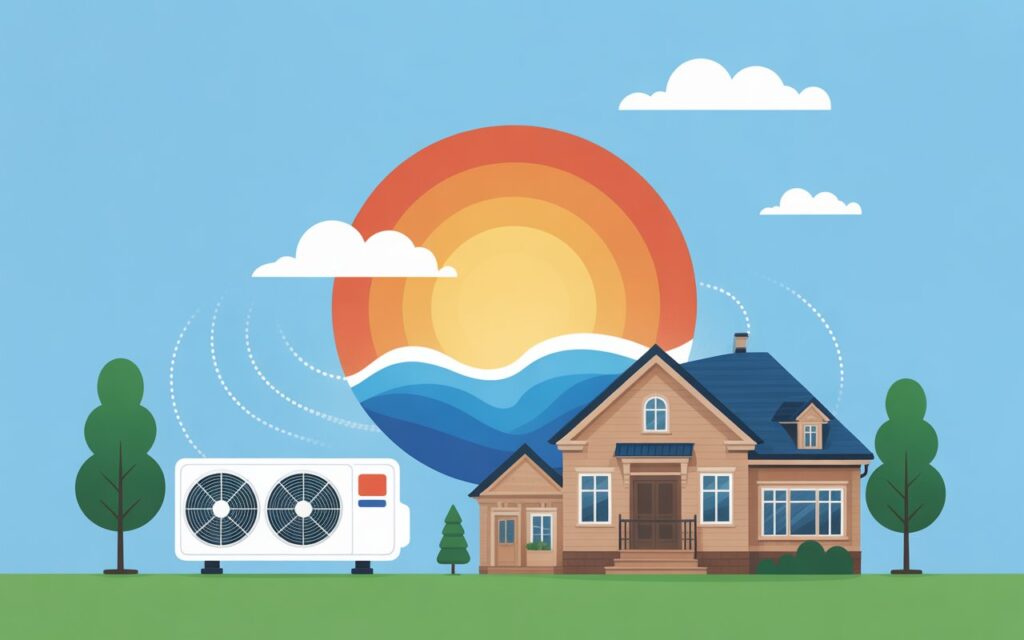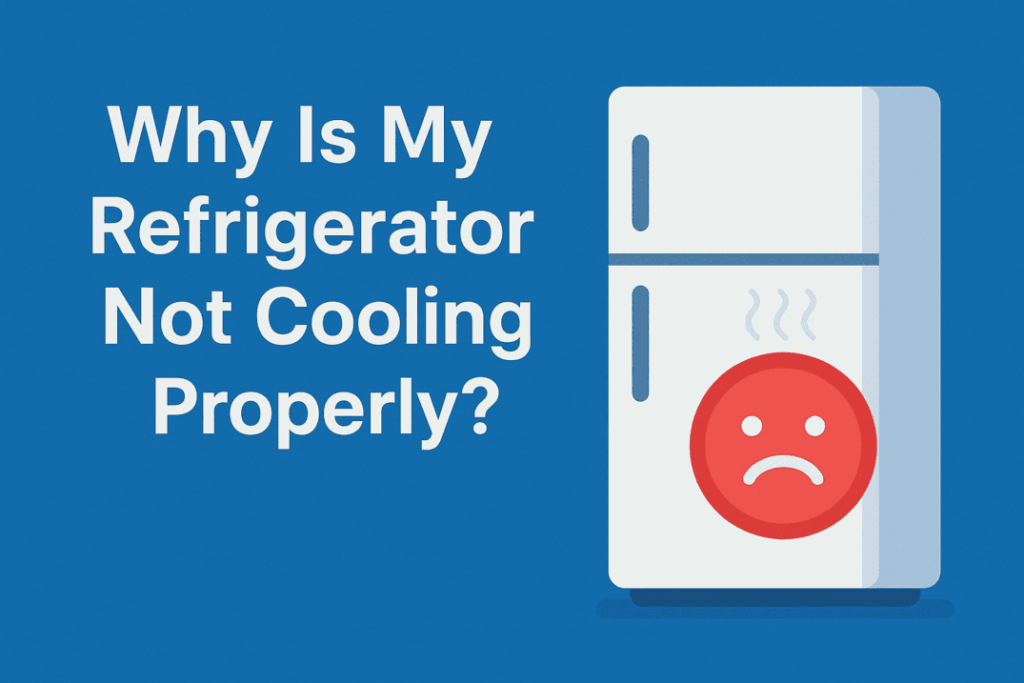Spray foam insulation in Spring Valley, NV offers unmatched thermal protection for both homes and businesses. Its ability to seal air leaks, resist moisture, and maintain indoor temperatures makes it one of the most effective choices for building efficiency in a desert climate. For properties in Spring Valley where temperature swings, dust intrusion, and energy consumption are daily concerns, spray foam stands out for its durability and thermal performance.
This guide outlines exactly what makes spray foam insulation work in Southern Nevada’s environment, compares the two main types, and explains what property owners need to consider before choosing an insulation system. All specifications, techniques, and comparisons included here are grounded in years of field experience, tailored for the specific conditions of Spring Valley.
Supreme Spray Foam LV brings experience with a range of insulation systems, particularly those proven in arid, high-temperature zones like Southern Nevada. This article distills key insights from that experience into clear, actionable guidance.
Why Spray Foam Insusage…lation Works in Spring Valley
Spring Valley faces intense summer heat and fluctuating temperatures during winter. These conditions create high demand on HVAC systems, leading to increased energy costs. Spray foam insulation responds by forming an air-tight barrier that prevents heat transfer and infiltration of outdoor elements.
Key Performance Benefits
Superior R-value per inch: Delivers high thermal resistance with minimal material thickness.
Air sealing: Reduces HVAC load by stopping conditioned air from escaping.
Moisture resistance: Critical in protecting against humidity-induced degradation.
Durability: Withstands harsh UV and thermal cycling better than other insulation types.
Technical Performance Comparison
| Feature | Closed Cell Spray Foam | Open Cell Spray Foam | Fiberglass Batt | Blown-In Cellulose |
| R-Value per inch | 6.5 – 7.5 | 3.5 – 4.0 | 2.9 – 3.8 | 3.2 – 3.8 |
| Air Sealing Ability | Excellent | Good | Poor | Moderate |
| Water Resistance | High (acts as vapor barrier) | Low | Low | Low |
| Density | 1.75 – 2.0 lb/ft³ | 0.5 lb/ft³ | 0.6 – 1.0 lb/ft³ | ~1.5 lb/ft³ |
| Application Area | Exterior walls, roofs, basements | Interior walls, soundproofing | Attics, walls | Attics, wall cavities |
| Cost (Relative) | High | Moderate | Low | Moderate |
Technical Specifications
| Property | Closed Cell Spray Foam | Open Cell Spray Foam |
| Typical Application Thickness | 2″–3″ (walls), 3″–5″ (roof) | 3″–5″ (walls), 6″–8″ (attics) |
| Vapor Permeability | <1 perm (acts as vapor barrier) | 10–20 perms (permeable) |
| Tensile Strength | 30–40 psi | 5–10 psi |
| Compressive Strength | 40–60 psi | 5–10 psi |
| Service Temperature Range | -40°F to 200°F | -20°F to 180°F |
Region-Specific Guidance for Spring Valley Properties
Spring Valley’s dry desert air presents both challenges and advantages for insulation systems:
- Heat gain control is essential; most energy is lost through the roof and exterior walls. Closed cell foam is ideal for this scenario due to its high R-value and low permeability.
- Low humidity levels reduce the risk of mold, but rapid temperature changes demand material flexibility—open cell spray foam can accommodate minor structural shifts without cracking.
- Dust intrusion, common in Southern Nevada, is minimized through complete air sealing offered by spray foam systems.
Bonus Tip: In retrofits, start with attic insulation upgrades where 25–30% of energy loss typically occurs. Spray foam creates a conditioned attic that reduces thermal stress on HVAC equipment.
Things to Consider Before Making a Decision
Choosing the right spray foam type and installation approach depends on multiple property-specific factors:
Building Use: Commercial buildings often require denser insulation with vapor barrier properties. Closed cell is better suited here.

Sound Control Needs: Open cell provides better acoustic absorption, ideal for shared walls or offices.
Budget vs. Long-Term ROI: While upfront costs for spray foam are higher, energy savings over 5–10 years typically exceed initial investments.
Code Compliance: Nevada building codes now mandate higher energy efficiency; spray foam can help meet and exceed these standards.
Moisture Management: In areas susceptible to condensation (like crawlspaces or slab foundations), closed cell spray foam prevents vapor migration and supports long-term structural integrity.
Bonus Tip: Always evaluate if the insulation project will disturb existing mechanical or electrical systems. Pre-inspection helps avoid costly changes during install.
Common Questions People Ask Before Choosing Spray Foam
- What areas of the building benefit most from spray foam?
- Should I use closed or open cell foam in my attic?
- How do I know if existing insulation should be removed first?
- What’s the expected payback period from energy savings?
- Will spray foam reduce noise from nearby traffic or businesses?
Relevant Services from Supreme Spray Foam LV
Closed Cell Spray Foam Insulation
High-density insulation offering structural support and moisture resistance, ideal for exterior walls, roofs, and crawlspaces.
Open Cell Spray Foam Insulation
Lightweight and flexible insulation used in interior applications for sound absorption and air sealing.
Attic Insulation
Optimizes HVAC performance and prevents heat loss by applying spray foam directly under roof decking.
Wall Insulation
Seals wall cavities to eliminate drafts and improve thermal performance across residential and commercial walls.
Commercial Spray Foam Insulation
Energy-efficient, code-compliant insulation solutions for warehouses, offices, and mixed-use buildings.
Foundation Insulation
Applies closed cell foam around foundation perimeters to reduce thermal bridging and moisture risks.
Roofing Insulation
Applied directly to the underside of roof sheathing to create a sealed thermal envelope.
Spray Foam Repairs
Restores existing foam systems compromised by pests, water, or age-related degradation.
Exterior Insulation
Used in new constructions or renovations to provide a seamless air barrier around building exteriors.
Residential Spray Foam Insulation
Tailored solutions for homeowners looking to improve energy efficiency and comfort throughout the house.
FAQ Section
How long does spray foam insulation last in Spring Valley conditions?
Properly installed spray foam can last over 30 years, even in extreme heat and UV exposure common to Southern Nevada.
Can I install spray foam over existing insulation?
Yes, in many cases—but old insulation should be removed if damaged, moldy, or interfering with full foam expansion.
Is spray foam insulation safe indoors?
Once cured, spray foam is inert and safe. Proper ventilation during installation ensures occupant safety.
How soon can HVAC systems run after installation?
Typically within 24 hours, once the foam is fully cured and the space is ventilated.
Will spray foam make my home too airtight?
It will seal effectively, but proper mechanical ventilation (like HRVs) should be considered for fresh air intake.
 Ready to Achieve Year-Round Comfort and Efficiency?
Ready to Achieve Year-Round Comfort and Efficiency?
Apply these insights now: Schedule your insulation assessment with Supreme Spray Foam LV to get the most out of your home or commercial property. Whether the goal is reduced energy bills or a more stable indoor climate, the right spray foam solution can make a measurable difference.
Contact Details
Supreme Spray Foam LV
Phone: (702) 904-9895
Email: [email protected]
Reviewer:
Michael Carter reviewed this article using insight gained over 12 years in the spray foam business. His feedback focused on helping experts reach new customers without overcomplicating their message.









